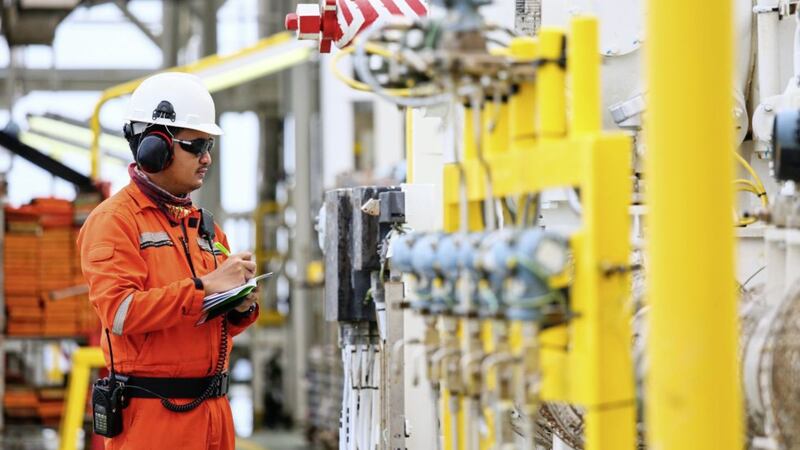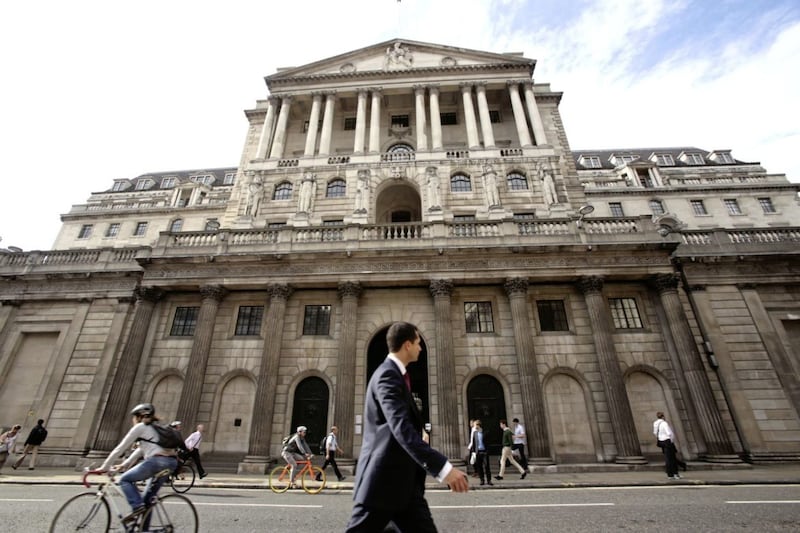OVER recent weeks, the goods and assets we consume have changed dramatically, and in a way which none of us could have predicted six months ago.
With every home now boasting its own wannabe Star Baker, it seems that flour has overtaken toilet roll as the commodity of choice under lockdown. Who could have foreseen this?
And the dramatic story of oil prices, with prices plunging to negative (albeit temporarily) illustrate the current pressure in the global system - limited travel worldwide and a shutdown of most heavy industry, together with the majority of passenger vehicles being off the road, has led to a sharp decline in demand (not to mention the oil industry’s resistance to reducing supply).
Meanwhile, supermarkets are being warned about pushing up the prices on basics such as pasta and rice, or pushing more premium brands with a higher margin: here, where demand outstrips supply, sellers can control the price to their advantage and customers will have to pay more.
With the huge amount of stimulus that central banks and governments have deployed to pump cash back into their economies we might now begin to ponder whether inflation is inevitable, or whether the economic and resulting employment (unemployment) data will result in a downward trend?
What might a bounceback look like, when will it be, how quickly can it happen, and will there be business casualties lost while we wait? There are many unknowns and a number of potential outcomes, some of which look more convincing than others.
What is certain, is that predictions in this space are notoriously difficult and now, more than ever, that disclaimer applies.
Consumer behaviour is hard to predict in the face of such an unusual crisis. Do we save more for a rainy day and rein in all discretionary spending (yes, in many cases), or do we reward ourselves in times of crisis with luxury goods to ease the psychological burden of what we’re going through? (the research says also yes on this, by the way – humans are indeed a strange bunch).
Post-containment, we could find ourselves in a world that is typified by pent up consumer demand and a glut of money pumped into the system, needing somewhere to go. Will the economy get a much-needed kick start to make up for valuable lost time?
On the other hand, faced with a depression, frugality and roaring twenties-style expansions seems like an extreme in the opposite direction, but is this a more realistic viewpoint?
With so much about the virus still unknown, the possibility of a lockdown-of-sorts extending indeterminately, and social distancing changing how we live, work and play for the foreseeable future, anything could be possible.
Whether this crisis results in either an inflationary or a deflationary outcome, as ever, investors are best served by ensuring their investment strategy aligns with their long-term investment objectives.
Focus more on diversification through asset class, geography and strategy and less on taking extreme positions for potentially non-binary outcomes.
:: Jonathan Sloan is director of Barclays Wealth & Investments







